

By Jason Lilley, Assistant Extension Professor, Sustainable Agriculture and Maple Industry Educator, University of Maine Cooperative Extension
For information about UMaine Extension programs and resources, visit extension.umaine.edu.
Find more of our publications and books at extension.umaine.edu/publications/.
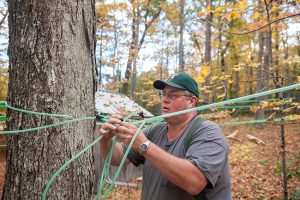
Producing maple syrup is a fun and rewarding activity and a sure sign of the onset of spring in Maine. To be successful with sugaring there are some key tools and equipment that are needed. This factsheet will list the supplies needed for an operation between 1 and 50 taps, and will make distinctions between bare minimum supplies, and supplies that will increase your efficiency of production and the quality of your finished product. The majority of the listed materials can be found at a local maple equipment supplier, or at most local hardware and feed stores throughout Maine and the rest of the Northeast.
If you are just getting started with maple production and are unfamiliar with which trees to tap, a good tree identification book will be helpful. While any type of maple tree can be tapped, sugar maples produce sap with the highest sugar content, followed by red and Norway maples.
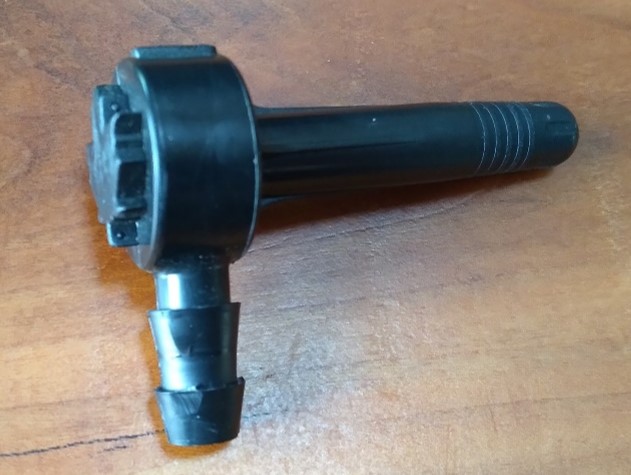

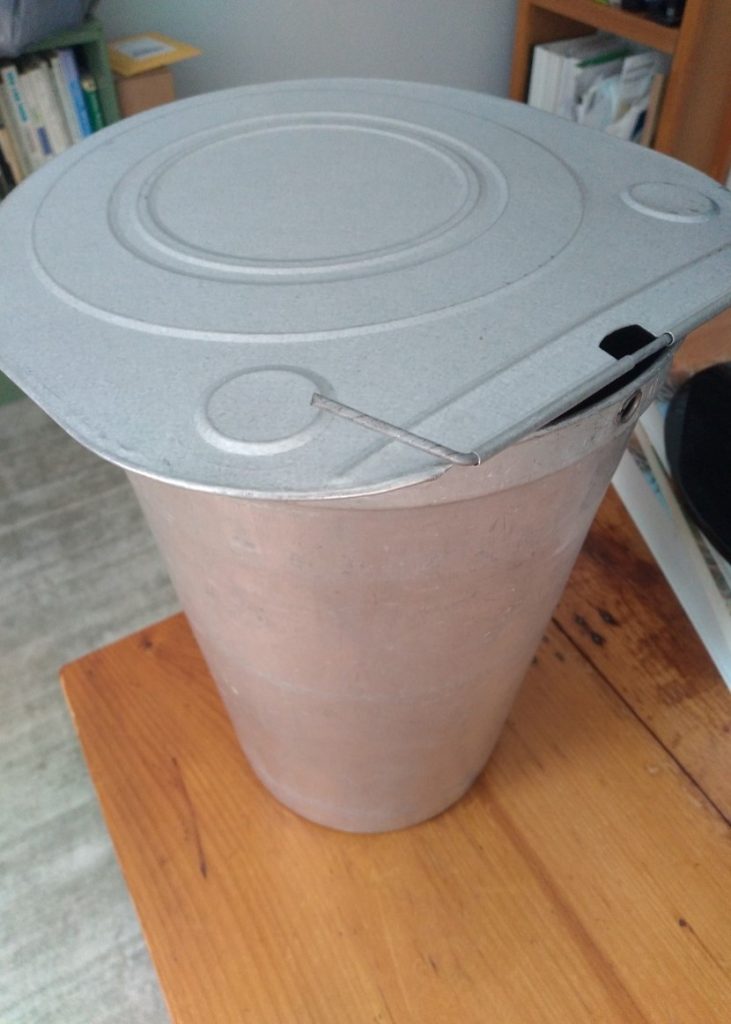
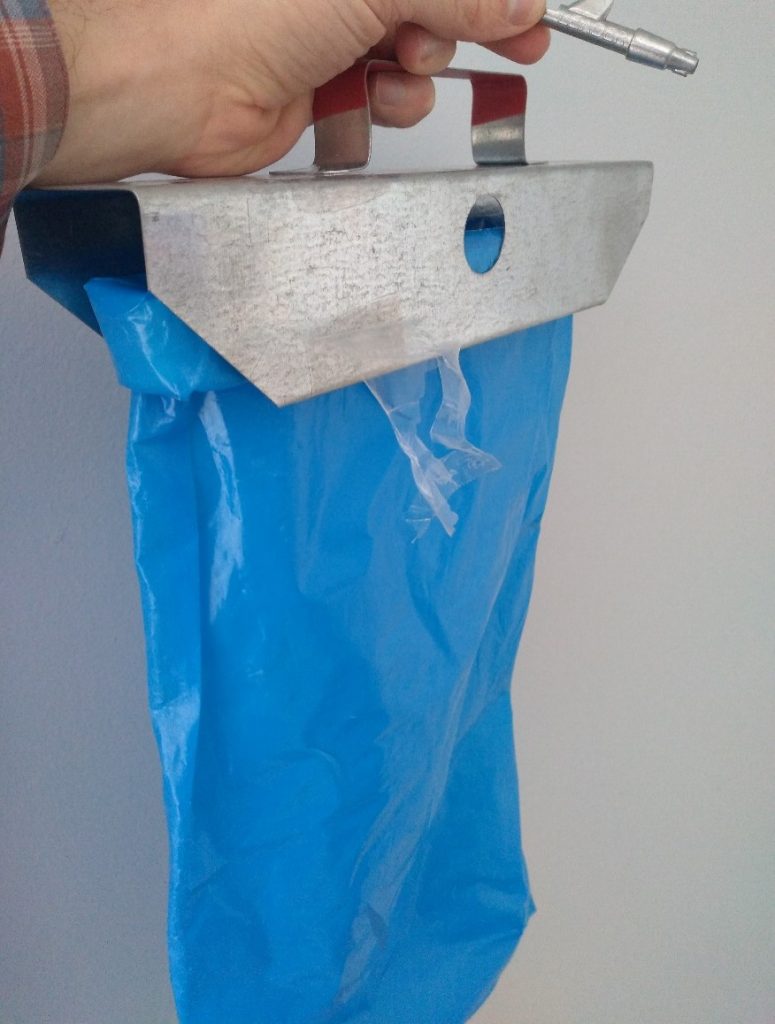
A system that works well for trees with more than 1 (but never more than 3) taps is to place a 5-gallon food-grade bucket at the base of a large tree. Be sure to securely support the bucket. Snow melts on sap run days and can result in buckets tipping over if not supported.
When there are 4 to 15 trees in relatively close proximity to each other collecting sap in a tubing system saves time and effort.
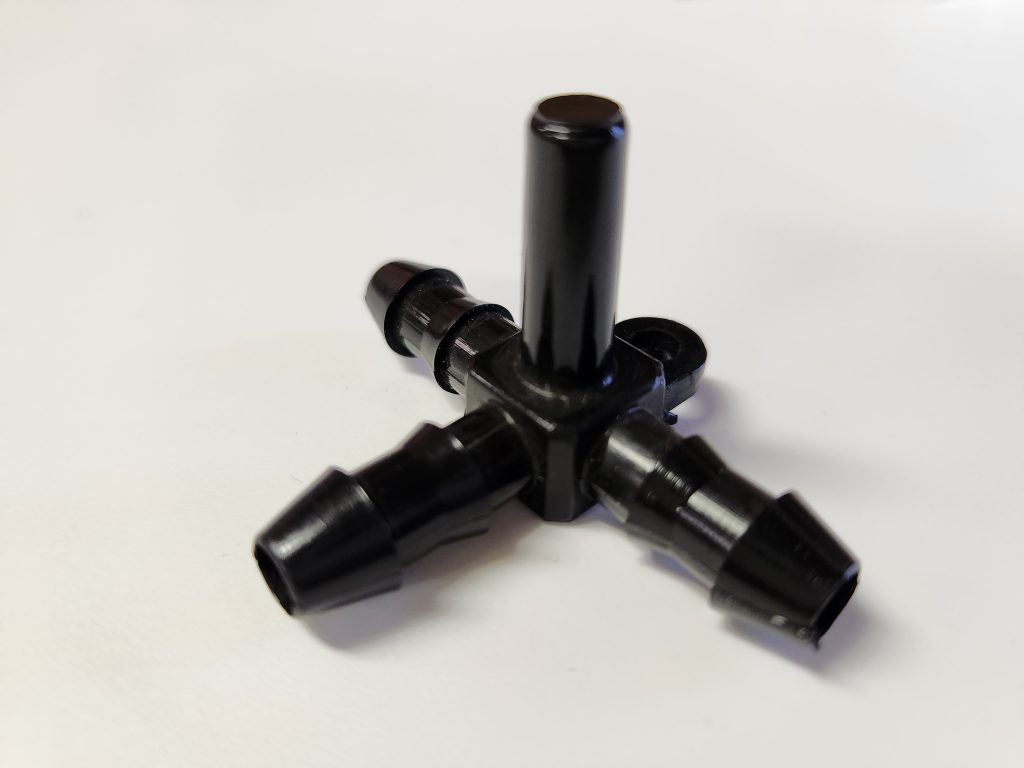
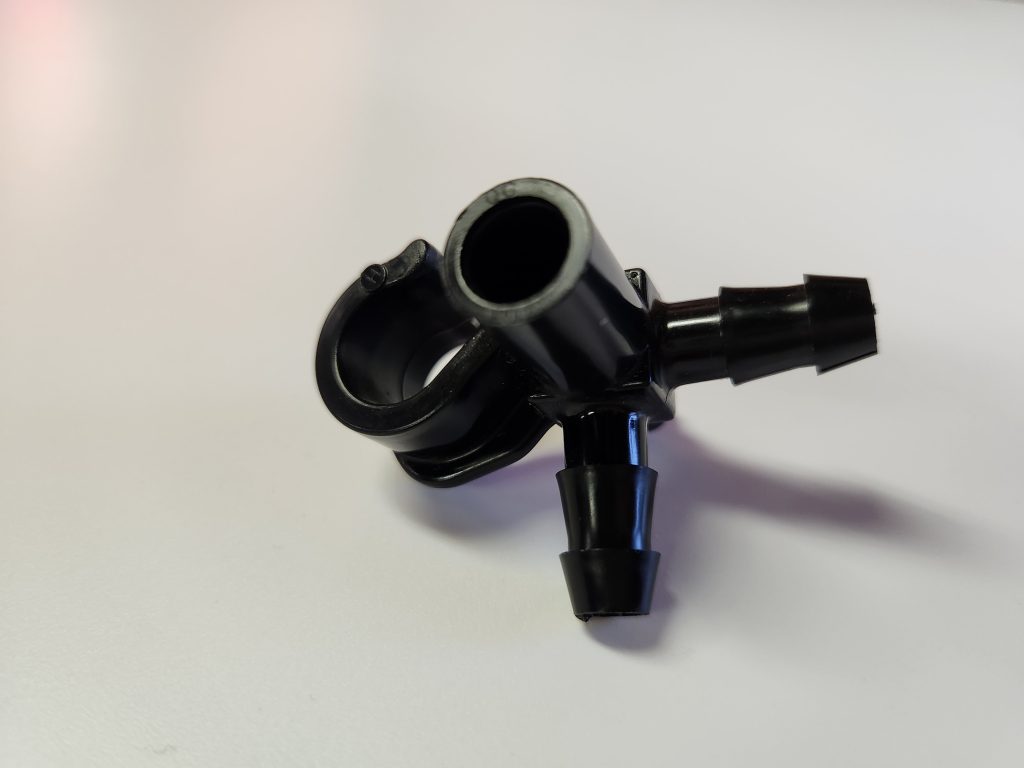
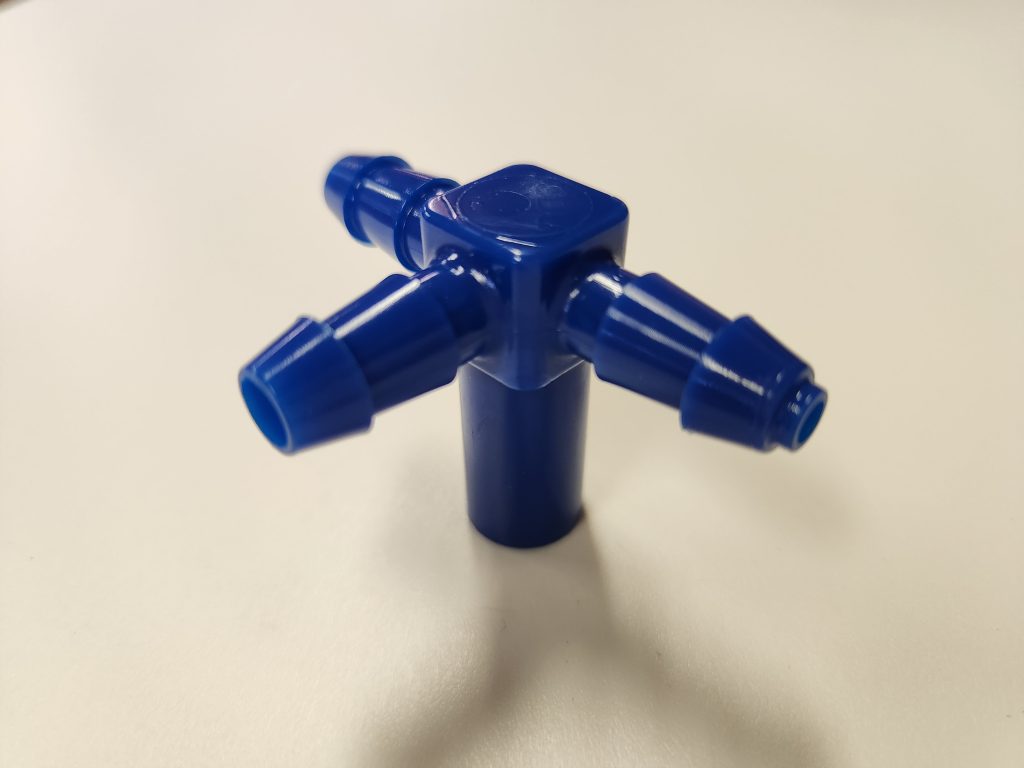
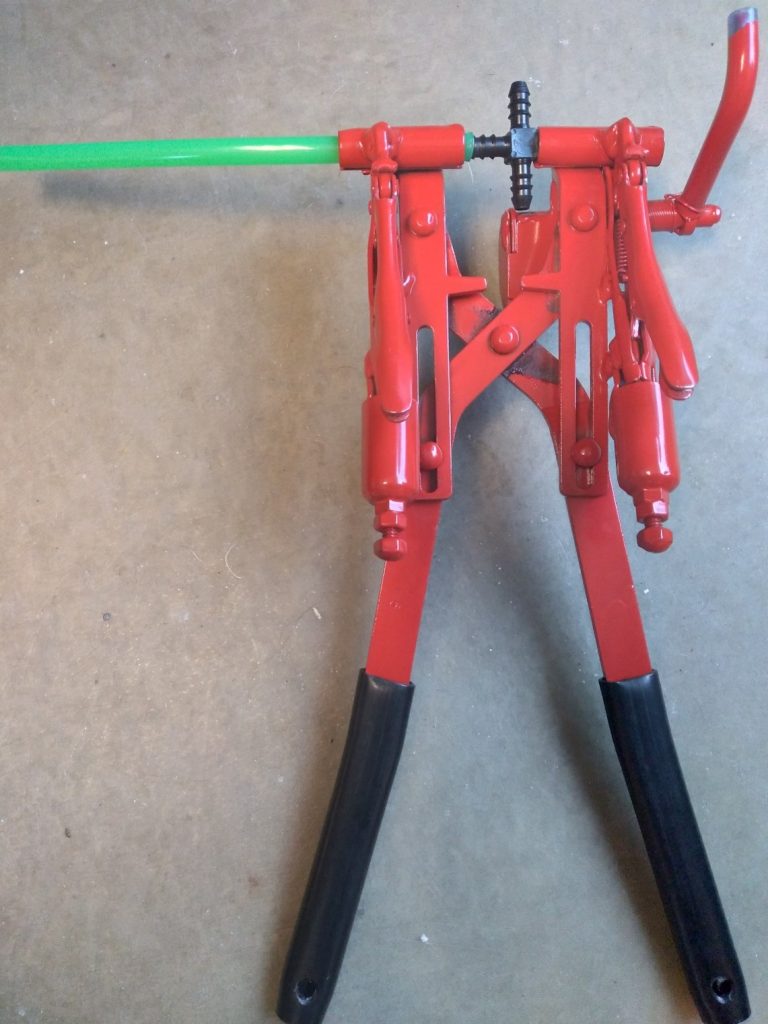
No matter the sap collection method, you will need to plan for storage between the time when the sap is collected from the trees, and when you are able to boil it. Ideally, the sap would be boiled the day it runs to prevent spoilage, however, that is not always practical.
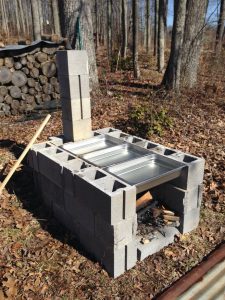
Defoamer is an important part of the boiling process. When boiling efficiently, the sap will frequently foam up and threaten to boil over. Having a designated defoamer on hand will break the surface tension and bring down the foam. Allowing the pan to boil over creates a big mess and loss of product and should be avoided.
Knowing when you’re done boiling is an important part of creating a shelf-stable product without over-concentrating, resulting in the crystallization of sugars.
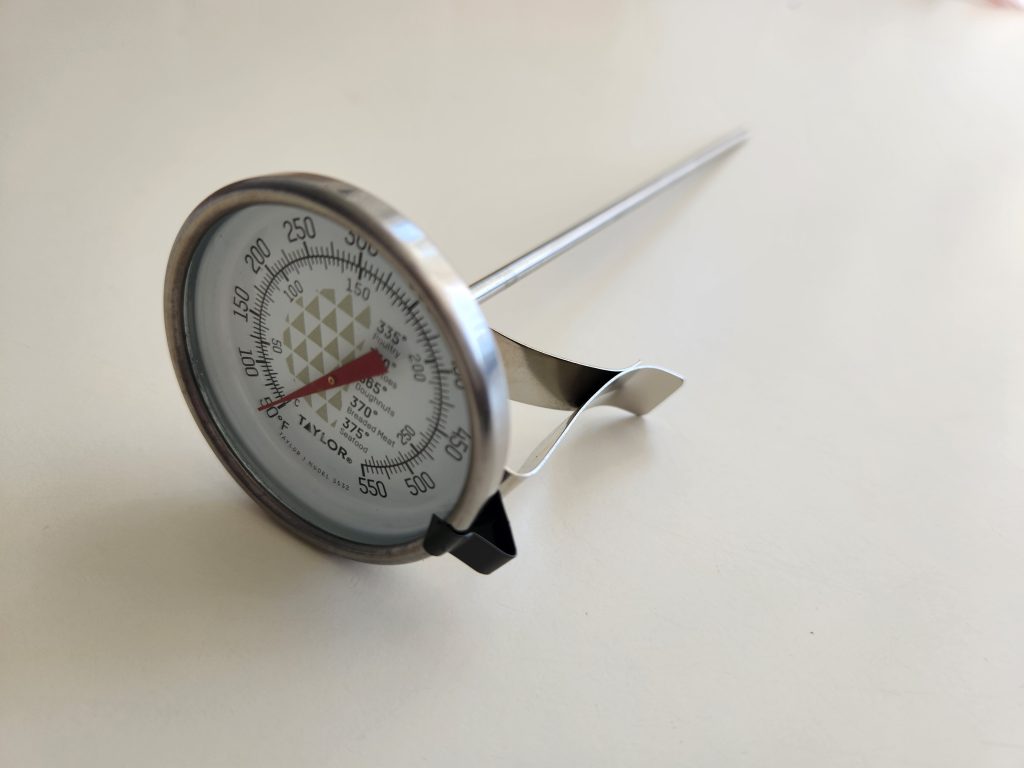

The syrup should be filtered to remove mineral deposits (sugar sand) and other sediments from the syrup.
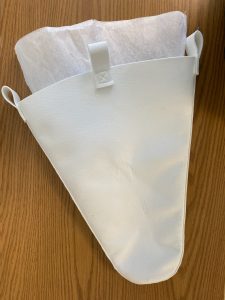
Syrup should be canned hot (between 180 to 195 degrees F) to sterilize the containers
If you plan on selling your syrup, you will need to label your syrup.
The basics you will need to produce syrup at an entry-level are:
Maple sugaring can be done with limited expense, and with time and patience. As you invest more in equipment, do so with a mind towards improving quality and efficiency.
Information in this publication is provided purely for educational purposes. No responsibility is assumed for any problems associated with the use of products or services mentioned. No endorsement of products or companies is intended, nor is criticism of unnamed products or companies implied.
Call 800.287.0274 (in Maine), or 207.581.3188, for information on publications and program offerings from University of Maine Cooperative Extension, or visit extension.umaine.edu.
In complying with the letter and spirit of applicable laws and pursuing its own goals of diversity, the University of Maine System does not discriminate on the grounds of race, color, religion, sex, sexual orientation, transgender status, gender, gender identity or expression, ethnicity, national origin, citizenship status, familial status, ancestry, age, disability physical or mental, genetic information, or veterans or military status in employment, education, and all other programs and activities. The University provides reasonable accommodations to qualified individuals with disabilities upon request. The following person has been designated to handle inquiries regarding non-discrimination policies: Director of Equal Opportunity, 101 Boudreau Hall, University of Maine, Orono, ME 04469-5754, 207.581.1226, TTY 711 (Maine Relay System).